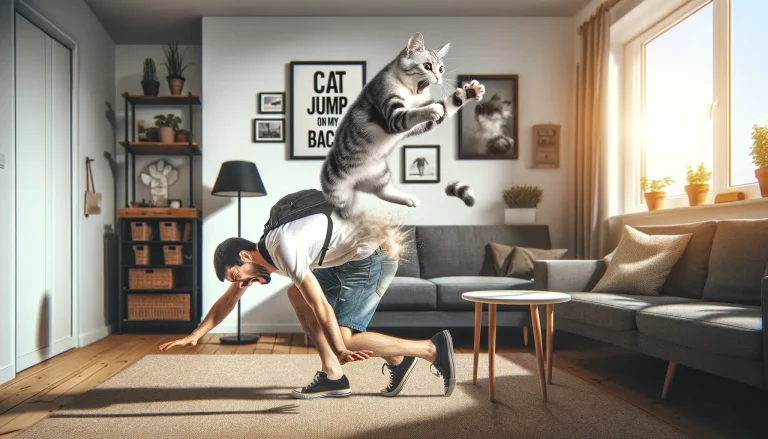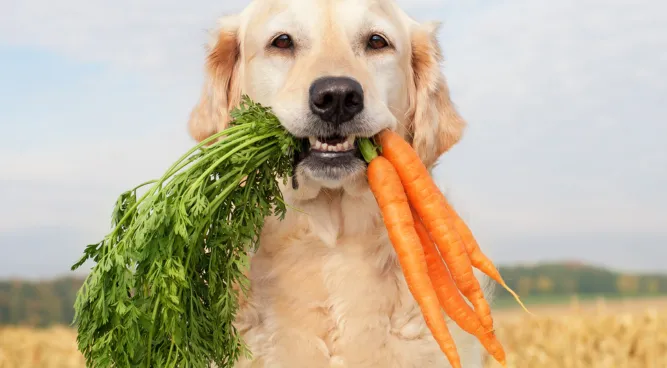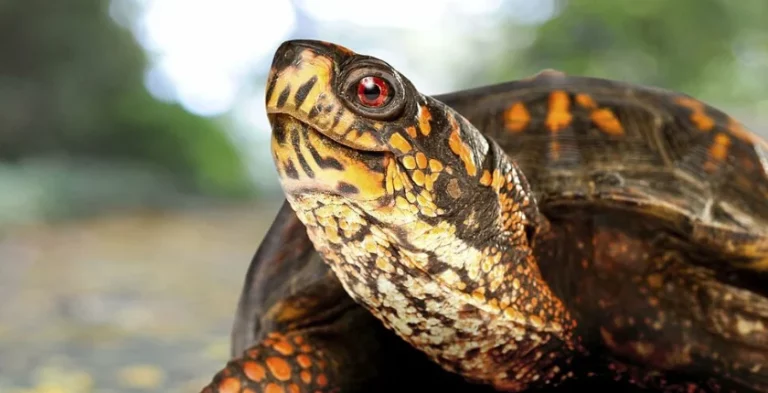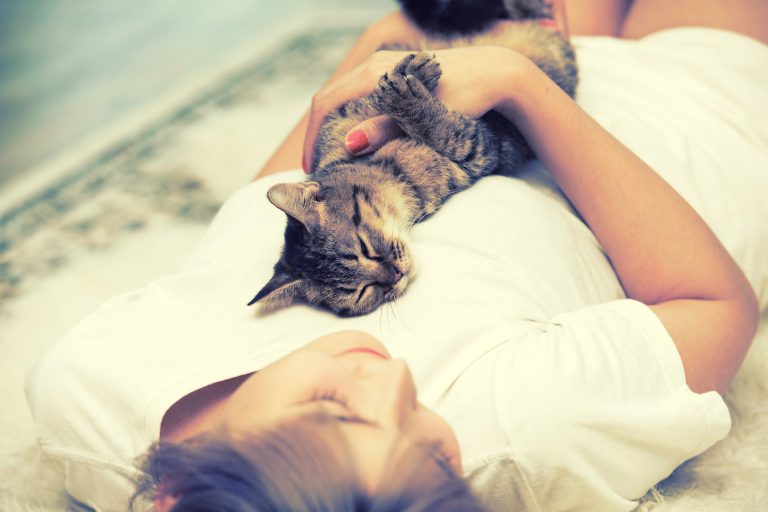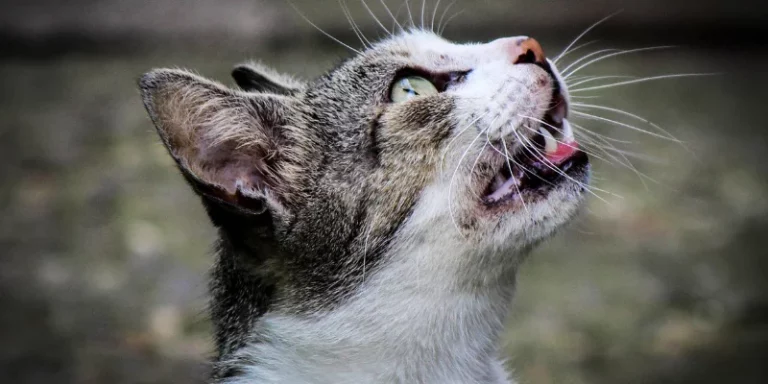Why Is My Dog Sniffing Me So Much: 15 Reasons & Tips
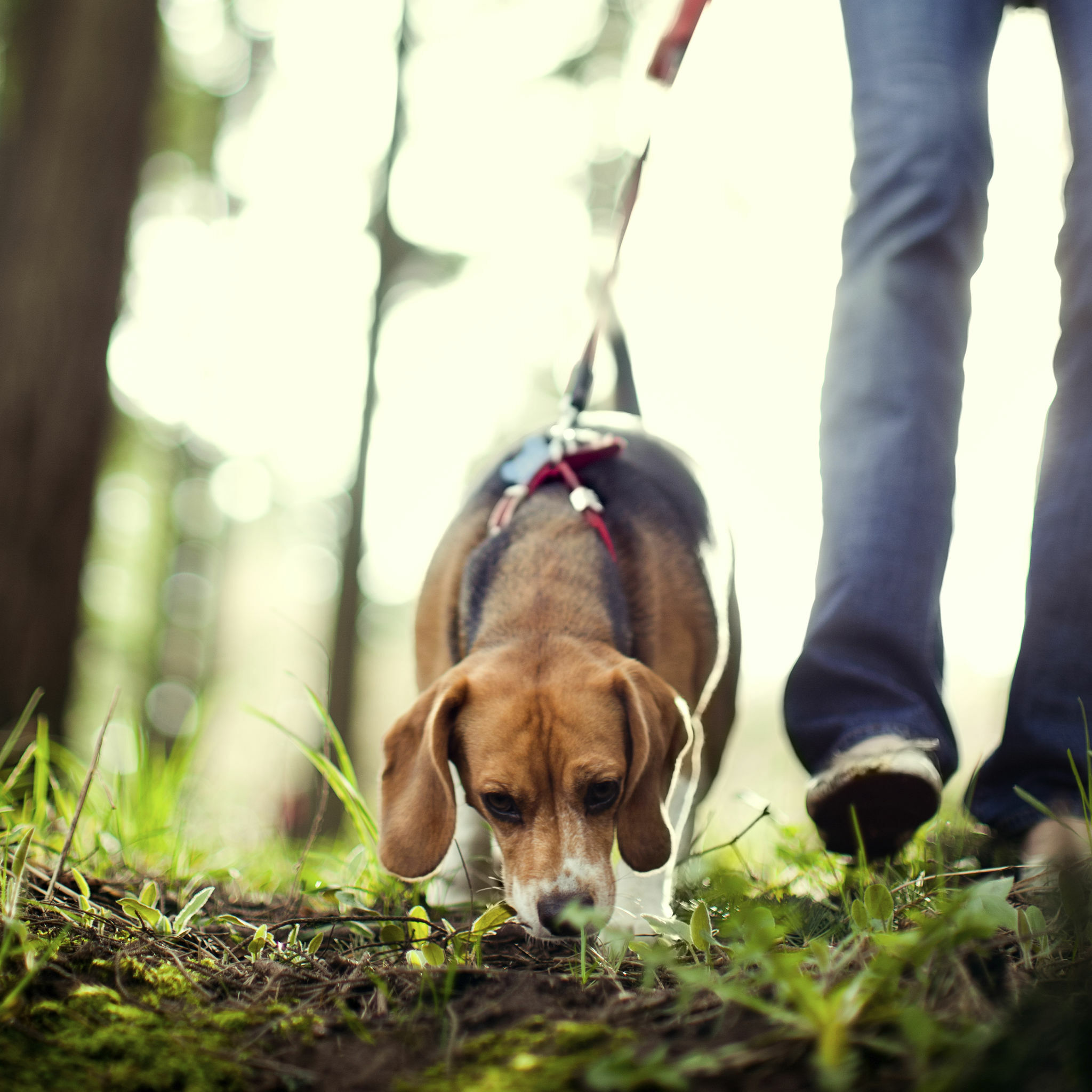
Table of Contents
In this article we answer your question “Why Is My Dog Sniffing Me So Much”. There are 15 Possible Reasons and tips to manage dog sniffing.
Dogs have an incredibly sensitive sense of smell, with up to 300 million scent receptors in their noses compared to humans’ 5 million. This allows them to experience the world in a very different way than we do. As pet owners, we often notice our dogs sniffing us intently and may wonder why. There are several possible reasons behind this common dog behavior.
Why Is My Dog Sniffing Me So Much?
There are 15 Reasons why your dog is sniffing at you so much. So let’s discuss it.
1. Scent Identification
Dogs memorize scents to identify friends, family, and even strangers. By sniffing you, your dog is reconfirming your scent to recognize you. This is likely why dogs sniff visitors to your home more than members of their household. They already know the scent of their family and housemates. Sniffing is a normal dog greeting ritual.
2. Emotional Cues
A dog’s sense of smell allows them to pick up on emotional changes in your scent. When you are feeling happy, sad, afraid, or stressed, dogs can detect subtle differences in your natural body odors. Your perspiration even contains chemical signals about your emotional state. By sniffing you, your dog may be trying to gain insight into how you are feeling.
3. Pheromones
Humans produce pheromones, invisible chemical signals that can communicate information such as mood, sexual attraction, fear, or aggression. While the role of pheromones in human communication is debatable, some research suggests dogs can detect them. Sniffing you closely could provide them with information about your mood and health.
4. Scent Marking
Dogs have scent glands in their feet, face, and tail area. When they paw at you, rub against you, or lick you, they transfer these smells onto you. Your dog may be trying to scent mark you as belonging to their social group. Marking helps identify you as their owner. Dogs are also known to scent roll, grab, and rub against strong scents.
5. Medical Sniffing
Thanks to their super sniffers, dogs have been trained to detect a range of illnesses in humans including cancer, malaria, and COVID-19 simply through body odors and samples. When your dog intently sniffs you, they could be alerting you to an underlying health issue you are not yet aware of. Any sudden increase in sniffing behavior merits getting checked out by a doctor.
Read also: why doesn’t my cat make biscuits
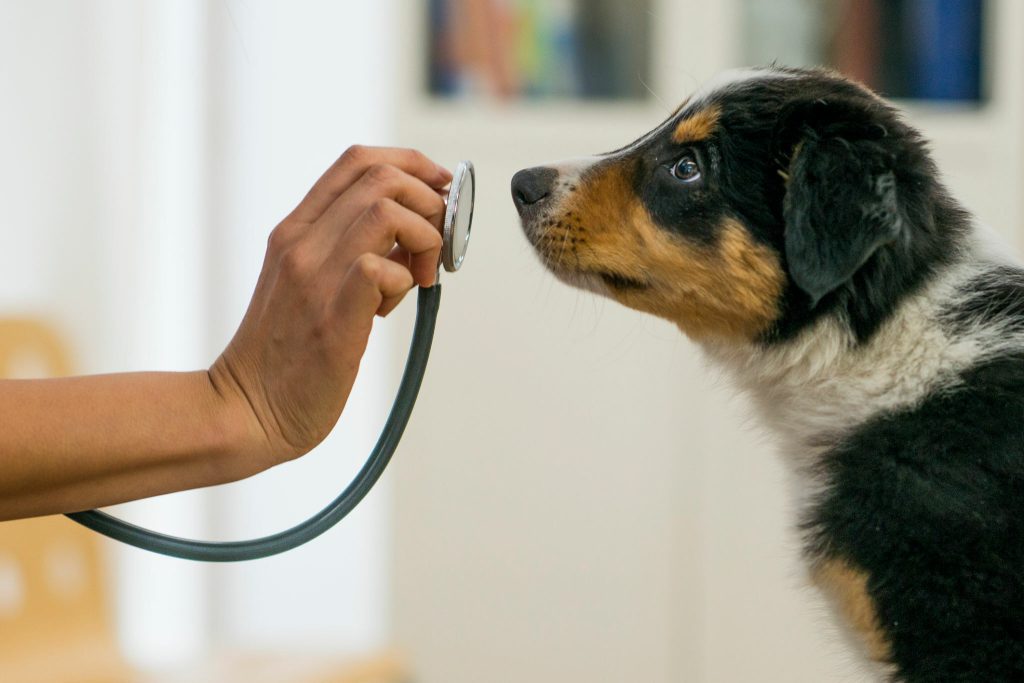
6. Natural Dog Behavior
Most dogs love to sniff! They will sniff anything and everything they encounter throughout the day. Sniffing helps stimulate and enrich dogs both mentally and physically. You and your clothes probably present many interesting odors for your dog to investigate with their inquisitive nose. Sniffing you is a natural exploratory impulse.
7. Bonding
Positive interactions like playing, training, petting, and walking strengthen the bond between dogs and humans. Sniffing allows your dog to experience your scent up close. This helps provide that sense of familiarity and closeness that social bonding requires. Think of it as your dog’s version of a hug!
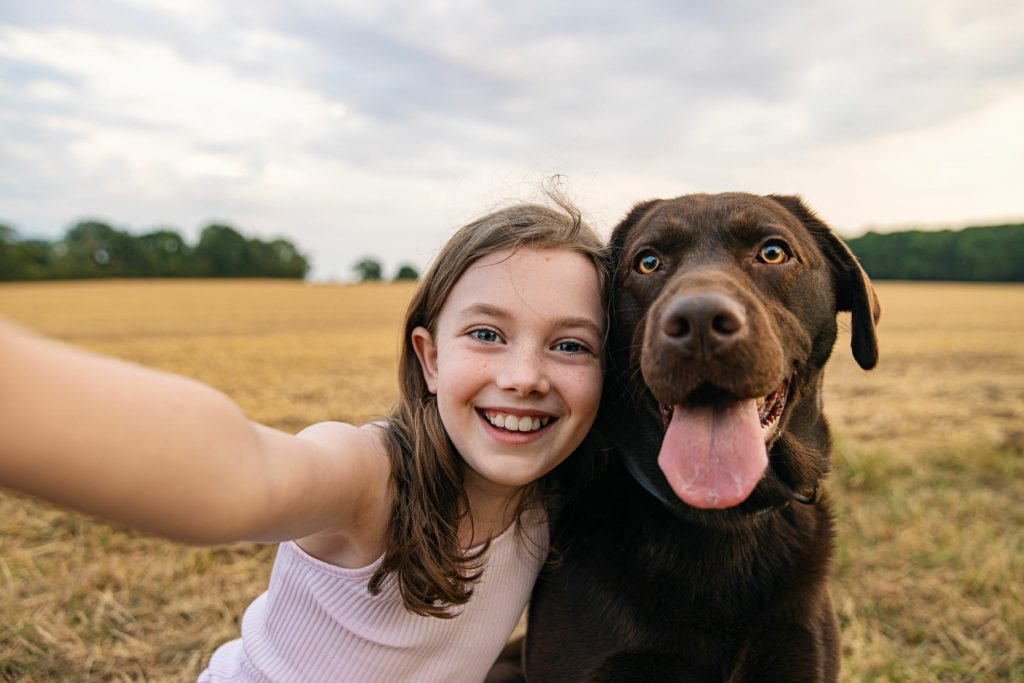
8. A Need for Reassurance
New environments, interactions, and experiences can make dogs feel uncertain. Sniffing a trusted human companion helps provide reassurance. If your dog sniffs you more when at the vet, groomer, or during car rides, they are likely seeking the comfort of your familiar scent amid uncertainty.
9. Age
Senior dogs can develop a decline in senses like vision and hearing. Increased sniffing often helps compensate. With age, dogs also tend to stick close to their owners. An older dog sniffing you frequently may signal their dependence on you or a need for extra reassurance. Any sudden sniffing changes in an older dog warrant a veterinary exam.
10. Fear or Anxiety
Dogs may sniff owners more when frightened by loud noises like thunder or fireworks. Sniffing you produces natural calming pheromones and provides a sense of safety amid the anxiety-inducing situation. If your dog’s sniffing seems excessive or accompanied by other fearful behaviors like trembling or tail tucking, there may be an underlying anxiety issue.
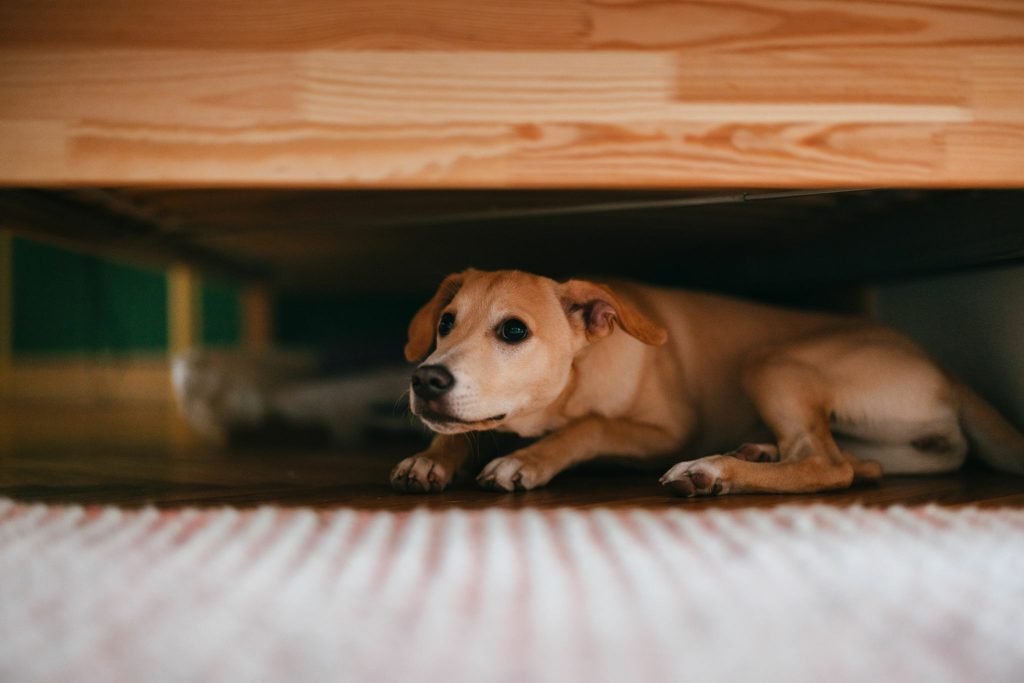
11. Boredom
When dogs lack sufficient physical and mental stimulation, they often invent their activities. Excessive sniffing along walls, furniture, or even owners can signal boredom. Make sure your dog gets adequate walks, playtime, toys, and training to stay happily occupied. Sniffing you may be their way to self-entertain.
12. Socialization Issue
Close human interaction can provoke insecurity for dogs undersocialized to people as puppies. Excessive sniffing of strangers or even family members can reflect this wariness. Gradually introducing new sights, sounds, and experiences helps dogs gain confidence. Check with a trainer if your dog’s sniffing seems nervous or avoidance-based.
13. Distress Signals
Dogs communicate distress in various ways. Excessive sniffing can signal anxiety but also physical discomfort or illness. If your dog is sniffing and licking you more than usual, inspect them for injury or irritation. Schedule a veterinarian visit if the behavior persists to rule out health problems.
14. A Need for Attention
Some dogs learn that behaviors like sniffing, nudging, barking, or whining reliably get human attention. Too much negative attention-seeking could reflect an under-stimulated dog. Make sure to actively engage your dog in regular positive training and playtime.
15. A Natural Nose
While excessive sniffing can have underlying causes, most dogs spend much of their daily lives nose to the ground or involved in scent work. Their powerful sniffers are naturally attuned to seeking out smells. Monitoring scents provides dogs with constant information about their surroundings. Simply having a noseful of naturally intriguing odors like your feet, clothes or hair can motivate most dogs to sniff you.
Tips On How To Deal With Your Dog When Sniffing You So Much
While some sniffing of owners is perfectly natural dog behavior, excessive or fearful sniffing can impact the human-animal bond. Here are some tips for managing dog sniffing:
- Provide plenty of daily exercise and mental stimulation through walks, play, training, and puzzle toys. A tired dog sniffs less.
- Give your dog their own blanket or clothing item bearing your scent. This can provide reassurance when you are absent.
- Keep fearful or anxious dogs below threshold distances from triggers to avoid nervous sniffing.
- Use positive reinforcement training to teach a “go settle” cue. This helps refocus obsessive sniffing.
- Rule out any medical causes through regular vet exams and wellness testing.
- Limit access to anxiety-provoking situations that prompt sniffing you until confident the dog can handle the stimulus.
- Consider adaptive and other pheromone-based calming products to reduce anxious behavior like excessive sniffing.
- Use baby gates, leashes, or crates to set boundaries if your dog’s sniffing of you, guests, or household items becomes disruptive or obsessive.
- Consult an experienced dog trainer or behaviorist for guidance tailored to your unique situation if problematic sniffing persists.
While every dog has their sniffy quirks when interacting with their humans, excessive or fearful sniffing warrants attention. Understanding the potential motivations behind why your dog is sniffing you so much allows you to address any underlying issues through training, lifestyle adjustment, or medical treatment. With time and consistency, problematic sniffing behaviors can be mitigated for improved quality of life. Most importantly, sniffing should never completely restrict your dog’s daily activities or your ability to happily co-exist together.
People also ask
Why does my dog keep sniffing me all of a sudden?
Sudden increased sniffing may signal illness, anxiety, or a need for reassurance.
Why does my dog keep sniffing my private area?
Dogs sniff private areas to gather smells/pheromones signaling health or emotional state.
How do dogs act when they smell illness?
Dogs can detect illness through scent changes. They may sniff affected areas insistently.
Why does my dog keep smelling my stomach?
Stomach sniffing may provide information about gastrointestinal issues, menstrual cycles, pregnancy, or emotions.

